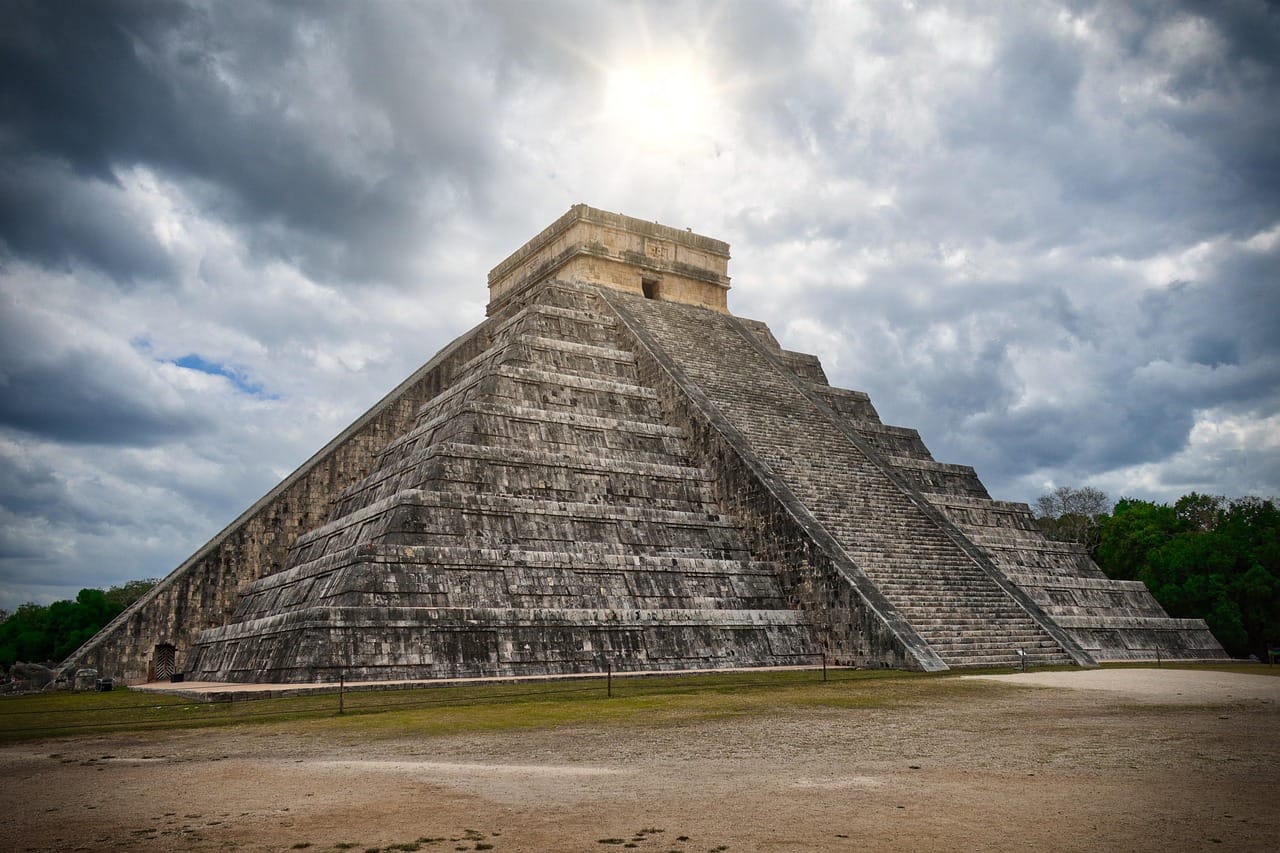Navigating a new city or simply seeking a deeper connection with your current community? Understanding the local lifestyle is the key. It’s more than just knowing the popular restaurants; it’s about grasping the nuances of daily life, the cultural values, and the unique characteristics that define a place. This guide will delve into the aspects of local lifestyles, providing you with actionable steps to immerse yourself and truly experience the heart of your locale.
Understanding the Fabric of Local Culture
Delving into History and Traditions
Every locality is woven with a rich tapestry of history and traditions that shape its present. Learning about these elements provides context and a deeper appreciation for the local lifestyle.
- Historical Landmarks: Explore historical sites, museums, and monuments to understand pivotal events and figures that shaped the area. For example, visiting the Freedom Trail in Boston provides insight into the city’s role in the American Revolution.
- Local Festivals and Celebrations: Participate in local festivals, cultural events, and seasonal celebrations to experience traditions firsthand. Whether it’s a harvest festival, a religious holiday, or a unique local tradition, these events offer a glimpse into the community’s values and customs.
- Folklore and Mythology: Research local folklore, myths, and legends to uncover stories that have been passed down through generations. These narratives often reflect the area’s history, beliefs, and natural environment.
Examining Local Values and Social Norms
Understanding the local values and social norms is crucial for effective interaction and integration.
- Community Engagement: Observe how people interact with each other in public spaces, such as parks, markets, and community centers. Are people generally friendly and outgoing, or more reserved?
- Communication Styles: Pay attention to communication styles, including body language, tone of voice, and conversational etiquette. For instance, some cultures value direct communication, while others prioritize politeness and indirectness.
- Social Etiquette: Learn about social etiquette rules, such as tipping practices, gift-giving customs, and dress codes for specific occasions. Observing and respecting these norms can help you build positive relationships with locals.
Exploring the Economic and Occupational Landscape
Analyzing Key Industries and Employment Sectors
The economic landscape significantly shapes the local lifestyle, influencing everything from career opportunities to consumer habits.
- Major Employers: Identify the major employers and industries in the area. This knowledge can provide insights into the types of jobs available, the prevailing work culture, and the local economy’s strengths and weaknesses. For example, Silicon Valley is heavily influenced by the tech industry.
- Entrepreneurial Climate: Research the local entrepreneurial climate, including the availability of resources, support networks, and funding opportunities for startups. A thriving entrepreneurial ecosystem can contribute to a vibrant and innovative local lifestyle.
- Cost of Living: Assess the cost of living in the area, including housing, transportation, food, and entertainment expenses. Understanding the financial realities of living in a particular location can help you make informed decisions about your career and lifestyle choices.
Understanding the Local Job Market
Navigating the local job market effectively requires a targeted approach.
- Networking: Attend local networking events, industry conferences, and job fairs to connect with potential employers and learn about job opportunities.
- Online Resources: Utilize online job boards, professional networking platforms, and company websites to search for job postings and research local companies.
- Resume Customization: Tailor your resume and cover letter to highlight your skills and experience in relation to the specific requirements of local employers.
Diving into Food, Leisure, and Entertainment
Discovering Local Cuisine and Dining Experiences
Food is an integral part of any local lifestyle, reflecting the area’s history, culture, and natural resources.
- Signature Dishes: Identify the signature dishes and local specialties that define the area’s culinary identity. Trying these dishes is a delicious way to experience the local culture. For instance, New Orleans is known for its gumbo and jambalaya.
- Farmers Markets and Local Produce: Visit local farmers markets to sample fresh, seasonal produce and support local farmers. These markets often offer a variety of locally made products, such as jams, cheeses, and baked goods.
- Dining Establishments: Explore a variety of dining establishments, from casual cafes to upscale restaurants, to experience the full range of local cuisine. Consider trying restaurants recommended by locals or featured in local food blogs and magazines.
Exploring Recreation and Leisure Activities
The way people spend their free time reflects their values, interests, and priorities.
- Outdoor Activities: Take advantage of local parks, trails, and natural attractions to engage in outdoor activities such as hiking, biking, kayaking, and picnicking.
- Cultural Institutions: Visit museums, art galleries, theaters, and concert halls to experience the local arts and culture scene.
- Sports and Recreation: Participate in local sports leagues, fitness classes, and recreational activities to stay active and connect with like-minded individuals. For example, beach volleyball is popular in coastal communities.
Engaging with the Community and Building Connections
Volunteering and Community Involvement
Contributing to the community is a rewarding way to connect with locals and make a positive impact.
- Identifying Opportunities: Research local charities, non-profit organizations, and community initiatives that align with your interests and values.
- Volunteering Your Time: Offer your time and skills to support local causes and organizations. Whether it’s volunteering at a food bank, tutoring children, or helping with community events, your contributions can make a difference.
- Attending Community Meetings: Attend community meetings, town halls, and neighborhood association meetings to stay informed about local issues and participate in civic engagement.
Joining Local Groups and Organizations
Connecting with others who share your interests is a great way to build friendships and integrate into the community.
- Interest-Based Groups: Join local groups and organizations based on your hobbies, interests, and professional affiliations. Whether it’s a book club, a hiking group, or a professional association, these groups provide opportunities to meet new people and share your passions.
- Neighborhood Associations: Participate in neighborhood associations to connect with your neighbors and address local issues. These associations often organize community events and advocate for the interests of residents.
- Online Communities: Utilize online platforms and social media groups to connect with locals, share information, and participate in discussions about local topics.
Conclusion
Understanding and embracing the local lifestyle is an ongoing journey. By delving into the culture, economy, and leisure activities of a place, you can forge deeper connections, build meaningful relationships, and truly feel at home. Remember to be open-minded, respectful, and actively engaged in the community. Embrace the unique character of your locale, and you’ll find a richer and more fulfilling life awaits.




